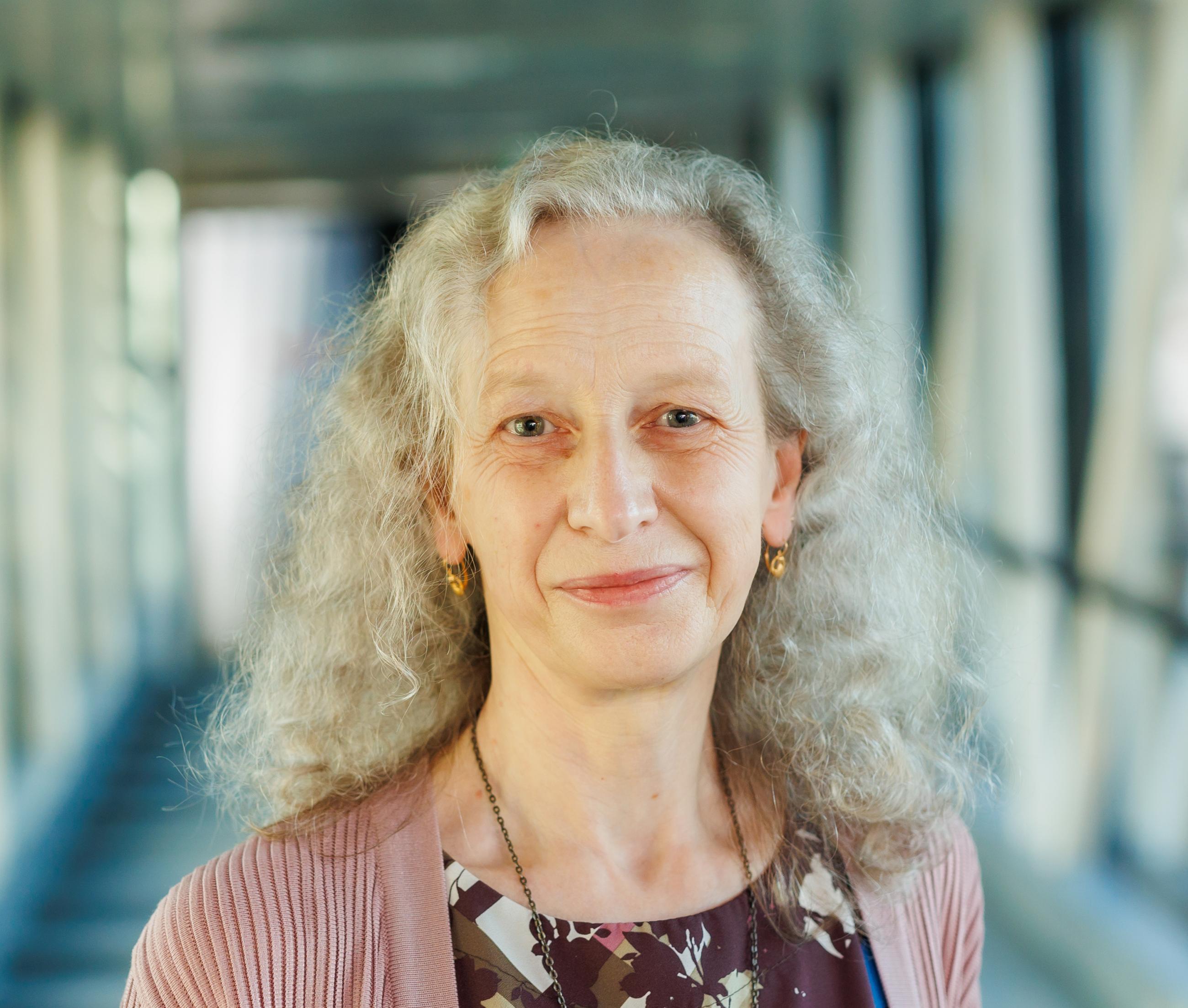Miriam Anne McIlfatrick-Ksenofontov: I had the opportunity to resort to a “kitchen seminar” with my family
Miriam Anne McIlfatrick-Ksenofontov from the TLÜ’s School of Humanities defended the doctoral thesis "Mapping the Invisible: The Elaboration of a Creative Approach to Translating Poetry".

How did you find your way to your research topic during your studies?
As a reader, writer and translator of poetry, I took up my research in theories of creativity and the poetics of translation because I needed it for my own translation practice and always believed it would be relevant to other translators. The motivation for and perhaps the start of my research journey is rooted in my experience of poetry while growing up in Ireland. Poetry is tied up with voice, performance and shared lived experience. The poet in Ireland has long been a figure in the public eye, in high regard even, and at the same time one of the people, some one we expect to speak to us and among us. My thesis is an excerpt from two paths of learning and doing or as I attempt to demonstrate – learning by doing: as a translator and as a translation researcher.
Writing a doctoral dissertation is definitely a challenge that needs constant self-motivation. During this journey, what were your hacks to keep on working to successfully reach the end result?
I’m fortunate that my object of research – poetry – is a constant and inexhaustible source of inspiration and fascination in itself. But whenever I got bogged down in working out or expressing an idea, I had the opportunity to resort to a “kitchen seminar” with my family. I don’t believe that it’s entirely an Irish notion that tea and talk can lead to the resolving of problems – or at least let in some air and light! I was also very fortunate to have two supervisors who were so open-minded about my attempt to delve into something very new. They are also role models in terms of their scholarly output and their commitment to the open-ended work and journey of discovery that academic research is.
Describe some memorable or funny event that happened while writing the dissertation.
The book launch of my translation of Doris Kareva’s selected poems, Days of Grace (Bloodaxe) at The Coronet Theatre in London in 2018 – with an hour of readings and performance for a live audience. It was a significant milestone in my translatorly output and confirmation that my approach to creative work is relevant to practical translation.
How does your research change the world?
Everything we all do plays a part in our collective cultural evolution. My research has a practical manifestation in translations of Estonian poetry that have been read and performed outside Estonia – reaching new readers, other minds in other places. The research text – the thesis – explores how to translate a poem as a poem, in other words how to continue the poet’s translation of experience into text in a new poem that gives expression to that original insight. It is mind-affecting activity from beginning to end, from first stirring in the mind of the poet in her time and place to the speaking anew of a poem in the minds of readers and listeners in another time and place.
How well is the voice of researchers and young researchers heard in our society?
I can only speak for my own field of scholarly interest. I’m grateful for associations such as the Estonian Association of Comparative Literature that holds open a space for both young and experienced, local and international researchers in the field of literary and cultural studies, allowing them to meet and exchange ideas and findings in person and in publication.
What are the most important values and beliefs in your life to live by?
Today our world and our human societies are in turmoil. Only through attending to and openness to diversity of experience and worldviews are we able to unite our efforts in creative responses needed to solve the far-reaching issues we are facing.
Describe a book that you've recently read and which you recommend others to read as well. Why do you recommend it?
My book recommendations tend to be the last book I read. Currently, this is Max Porter’s Lanny. Porter is as much poet as prose writer, and he seems to speak Tree! He's able to express the connectedness of the matter of the world and the matters than make up what we are and are part of – human and nonhuman, if that distinction even holds at all.